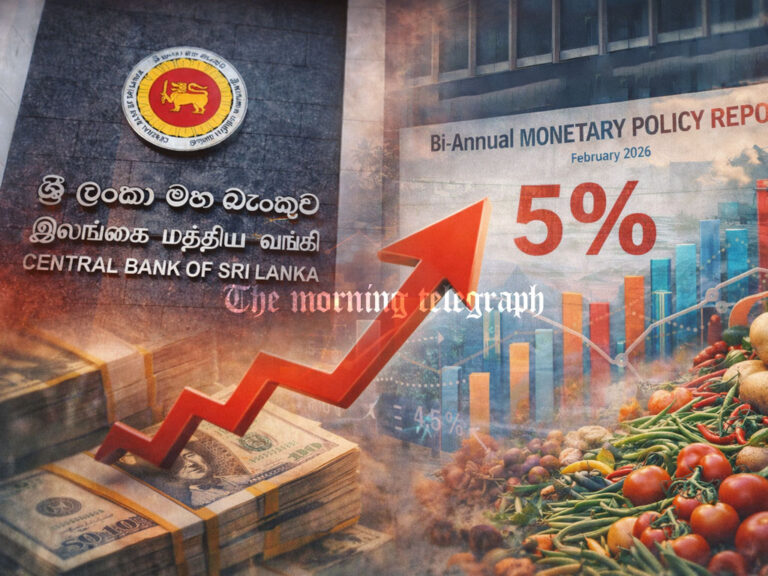
In a world that still treats infidelity as taboo, psychoanalyst Juliet Rosenfeld dares to ask the uncomfortable question: Why do people cheat? After four years of research, Rosenfeld offers an answer rooted not in lust or betrayal—but in unresolved trauma, often stretching back to childhood.
A seasoned therapist and newly qualified psychoanalyst, Rosenfeld believes that affairs are less about desire and more about avoidance. “Affairs are usually about not thinking, not reflecting, and not contemplating,” she explains. “They are a way to avoid pain.” Speaking to The Times UK, she suggests that people often cheat to flee the uncomfortable emotional terrain of their own pasts.
At the heart of Rosenfeld’s findings is the idea that infidelity is frequently a manifestation of deep psychological patterns shaped during early childhood. “When we understand someone’s early experiences of love—how they were cared for or neglected—it tells us a great deal about who they become in adult relationships,” she says.
In her new book, Affairs, Rosenfeld presents five gripping real-life stories from the UK, US, and Canada. These include a psychotherapist who loses her job after an affair with a client, a man who abandons his wife in a hospital after childbirth to be with his mistress, and a grieving woman who turns to her married boss following the death of her daughter. These narratives are not meant to titillate; instead, they serve to highlight the emotional wreckage that often trails behind infidelity—not just for the individuals involved, but for their families as well.
The impact on children is particularly harrowing. Rosenfeld notes that many of her adult patients still carry the scars of discovering a parent’s betrayal decades later. “Infidelity shakes a child’s trust in truth, in reliability, in presence,” she says. The trauma doesn’t just rupture relationships—it can ripple through generations.
Still, Rosenfeld acknowledges that not all affairs are devoid of meaning. In rare cases, infidelity might signify an inner shift toward self-preservation. “If you’re in a very depriving relationship, an affair might be a way of choosing to be loved,” she notes. But she’s clear: this doesn’t make the act noble—just human.
So, what makes relationships last? According to Rosenfeld, it’s not about fairy-tale perfection, but resilience. “The capacity to sometimes hate your partner—and recover from it—is what sustains long-term love,” she says. Not idealizing a partner, but learning to endure conflict together, is what keeps couples strong.
In a digital age saturated with distractions and decreasing public investment in relationship counselling, Rosenfeld’s message is timely. With British surveys suggesting that around 20% of adults have cheated, her research is a reminder that infidelity often reveals more about the cheater’s inner world than it does about their partner.
Affairs is more than a book about betrayal—it’s a psychological mirror held up to modern society. It asks not only how we fall in love, but how we flee from it when love no longer feels safe.




